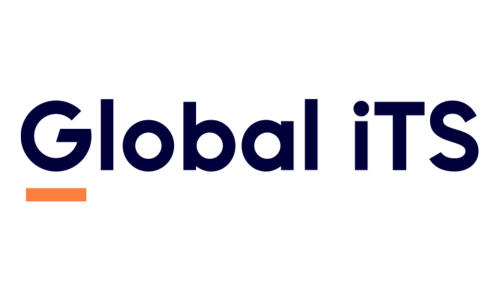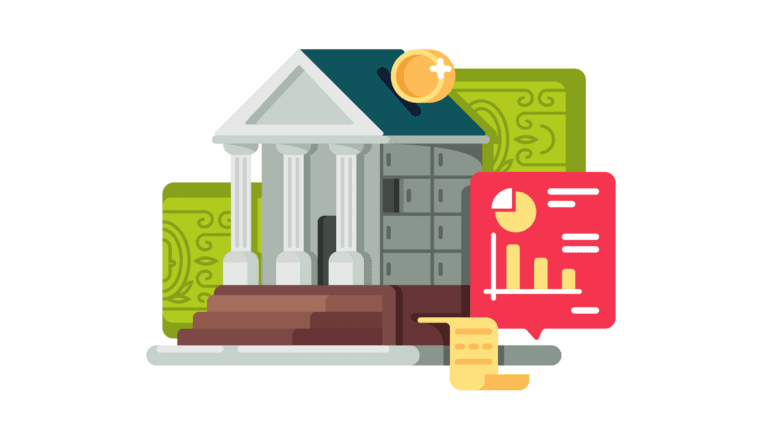Every business is unique and, therefore, a single ERP solution cannot meet the requirements of all kinds of businesses. As such, before choosing the right ERP software and hosting, it becomes necessary to discuss it with a reputable ERP consultant. An ERP consultant guides you in identifying the right solution based on your unique business needs. While there are numerous factors to consider, we have narrowed down a few common factors that every business should take into account before choosing an ERP Solution.
1. Flexible to Meet Your Business Needs
The primary purpose of any ERP solution is to streamline the processes and functions of a business. Though there are several ERP solutions in the market, many businesses need to customize them according to their needs and requirements. Changing your business flow or process to fit an ERP solution is not a reasonable approach. Thus, the ERP solution that you are choosing should be flexible. This way, you won’t have to waste precious time and effort in redesigning your process or approach around a software system.
2. Compatibility with the Existing System
An ERP solution is designed to automate several processes of a business into a single and easily managed stream. It means you need to either replace the existing software and systems with a module in the ERP or integrate the existing software and systems with the ERP so that data can easily flow from one system or module to another. Hence, it is highly recommended to check if the new ERP solution is compatible with your existing systems and software. It will help you achieve a unified environment where data can be easily stored and transmitted across the applications.
3. Assessing In-House Team Expertise
When you implement a new solution, it is essential to evaluate the knowledge and skill levels of your employees. Since an ERP solution is used by staff members across all departments of a company, you need to make your employees familiar and train them so that they can easily understand the technical aspects of the ERP solution.
4. Cost-effectiveness
Buying an ERP solution is more like an investment for any business. A smart businessman always keeps Return on Investment (ROI) in mind while making decisions that have a substantial financial impact. As an implementation, installation, and maintenance of an ERP solution come with a significant cost, it is wise to compare the pricing of different ERP solutions, including their implementation and integration costs. Along with prices, it is also critical to compare their features and functions to determine the true ROI of ERP solutions.
5. ERP Hosting
Deciding where to host the ERP can significantly alter the budget and associated risk exposure. A business can also choose to operate ERP as a hosted application from the cloud infrastructure. Figure out whether it is best to host the ERP software locally or within a public cloud. Unless you have your dedicated server, cloud-based hosting is a more practical choice.
Apart from these factors, you also need to consider several things, such as accessibility on mobile devices, updates, implementation, and deployment before choosing an ERP solution for your business. An adroit ERP consultant can assist in selecting the right ERP solution based on your special requirements.
Global iTS is leading Microsoft Dynamics 365 ERP and CRM Partner with offices all over GCC (Bahrain, Saudi Arabia KSA, Oman “Muscat”, UAE “Dubai”, and Kuwait), with domain expertise in Financial Services Sector Digital Transformation like” Retail Banking, Commercial Banking, Insurance Providers, Private Equity, and Investment Banking.






